Australia Declares War on Digital Lies: Tech Giants Face Billion-Dollar Fines
Australia takes a bold stance against misinformation and disinformation, challenging tech giants like Meta and X. Discover the implications for free speech and election integrity.

In a world where truth is increasingly elusive, Australia steps up to the plate. But at what cost?
Welcome to Australia, where the government has just lobbed a financial grenade at tech giants in a daring attempt to crush the hydra of online misinformation. Brace yourselves, folks – this is not your average day in the Outback.
Keywords: Australia, misinformation, disinformation, tech regulation, social media, Meta, X, free speech, election integrity
The Multi-Billion Dollar Slap: Australia’s Bold Move
In a move that’s got Silicon Valley sweating bullets, Australia has announced it will hit internet platforms with fines of up to 5% of their global revenue for failing to curb the spread of misinformation. To put that in perspective, for a company like Meta, we’re talking about potential fines in the billions. That’s not just a slap on the wrist; it’s a full-on financial roundhouse kick.
Communications Minister Michelle Rowland didn’t mince words: “Misinformation and disinformation pose a serious threat to the safety and wellbeing of Australians, as well as to our democracy, society and economy.” It’s as if she’s declaring war on digital lies, with tech giants caught in the crossfire.
The Battleplan: Codes, Regulators, and Digital Sheriffs
So, what’s the game plan? The Australian government is demanding tech platforms create their own codes of conduct to stop dangerous falsehoods from spreading. It’s like asking the fox to design the henhouse security system. If the platforms fail to do so, a regulator will step in and set the standard themselves. Talk about a digital sheriff riding into town!
The legislation, set to hit parliament faster than you can say “G’day mate,” targets false content that messes with election integrity, public health, or risks disrupting key infrastructure. It’s as if Australia is building a digital Great Barrier Reef to protect its online ecosystem.
The Tech Giants’ Counterattack: Threats and Silence
But the tech giants aren’t taking this lying down. Meta, the company formerly known as Facebook (and let’s face it, still known as Facebook to most of us), has threatened to block professional news content if forced to pay royalties. It’s like watching a digital game of chicken, with Australia and Meta speeding towards each other on the information superhighway.
Meanwhile, X (formerly Twitter) has been quieter than a kangaroo in a library. But given that Elon Musk has stripped most content moderation since his takeover, one can only imagine the potential fireworks.
The Free Speech Dilemma: Censorship or Protection?
As with any attempt to regulate the wild west of the internet, Australia’s move has sparked a heated debate about free speech. Opposition home affairs spokesman James Paterson raised concerns, stating, “Australians’ legitimately-held political beliefs should not be censored by either the government, or by foreign social media platforms.
It’s the age-old question: Where do we draw the line between protecting people from harmful misinformation and preserving the right to free expression? It’s like trying to separate the yeast from the Vegemite – messy, controversial, and likely to leave a bad taste in someone’s mouth.
The Global Ripple Effect: Will Others Follow Suit?
Australia’s bold move isn’t happening in a vacuum. It’s part of a worldwide push to rein in the borderless empires of tech giants. The question now is: Will other countries follow Australia’s lead? Are we witnessing the first domino in a global chain reaction of digital regulation?
As the dust settles on this announcement, one thing is clear: The battle for truth in the digital age is far from over. Australia has fired the opening salvo in what could be a long and complex war against misinformation.
Will it succeed in creating a safer, more truthful online environment? Or will it inadvertently stifle the very freedoms it aims to protect? Only time will tell. But one thing’s for certain – the world is watching, and the stakes couldn’t be higher.
As we wait to see how this digital drama unfolds, perhaps we should all take a moment to double-check our sources, question our assumptions, and remember that in the age of information, critical thinking is our most valuable asset. After all, in the words of an old Aussie saying, “She’ll be right, mate” – but only if we make it so.



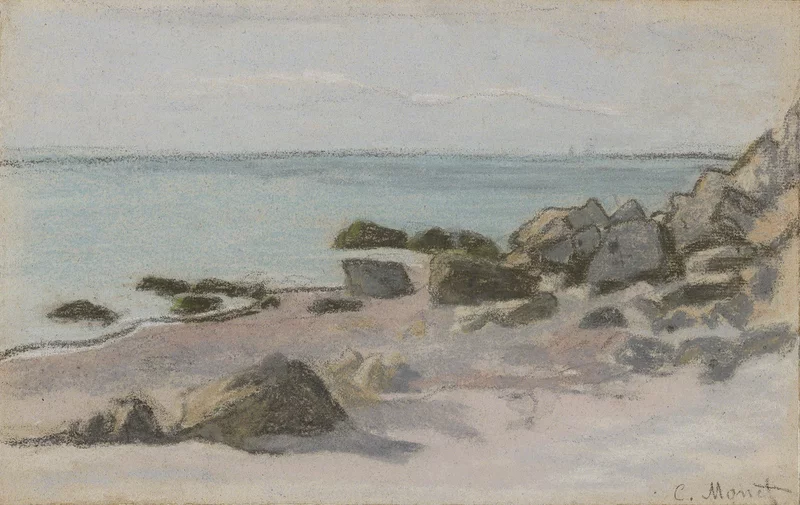
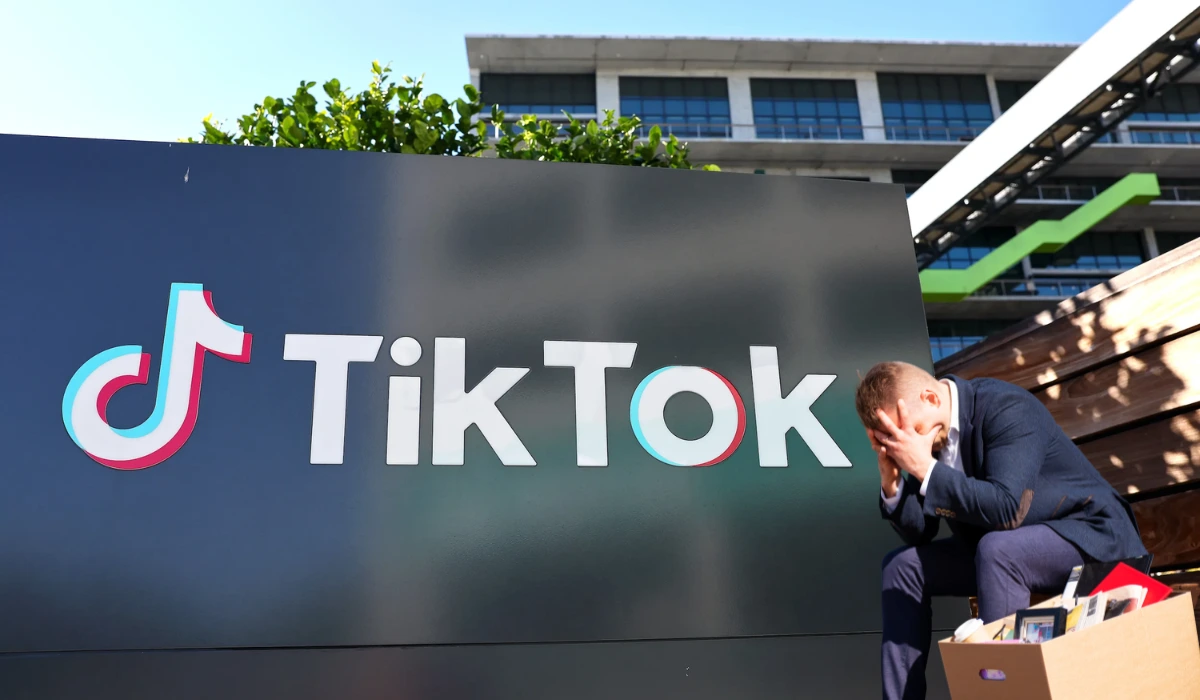

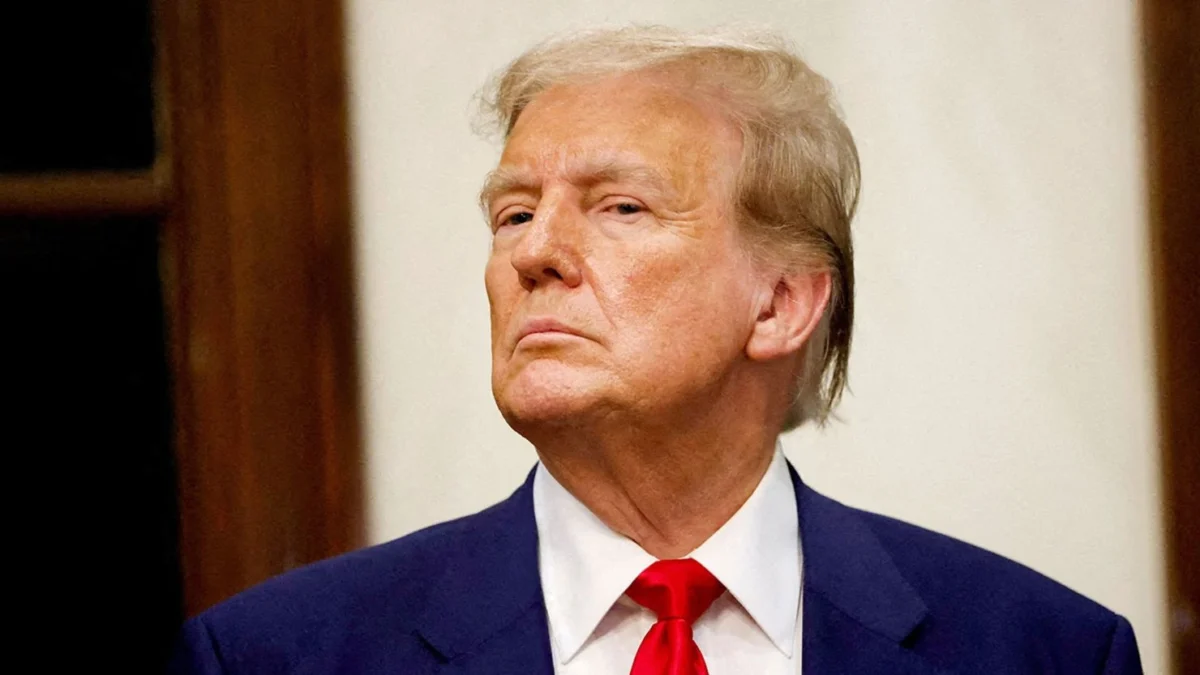
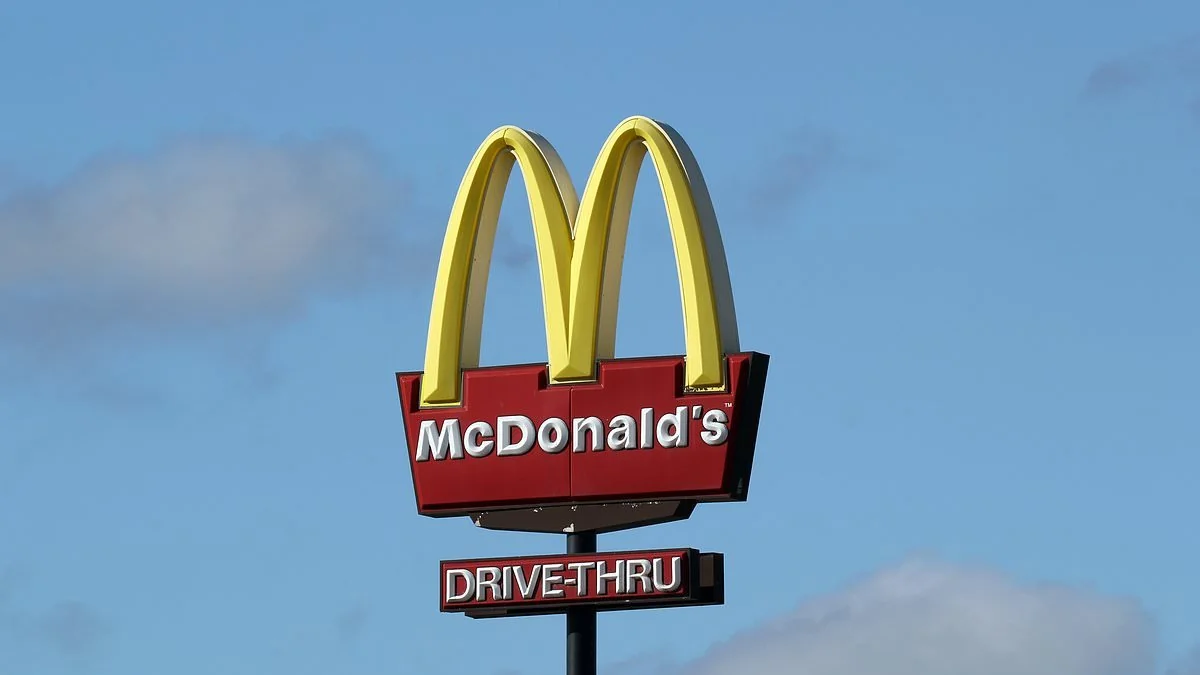
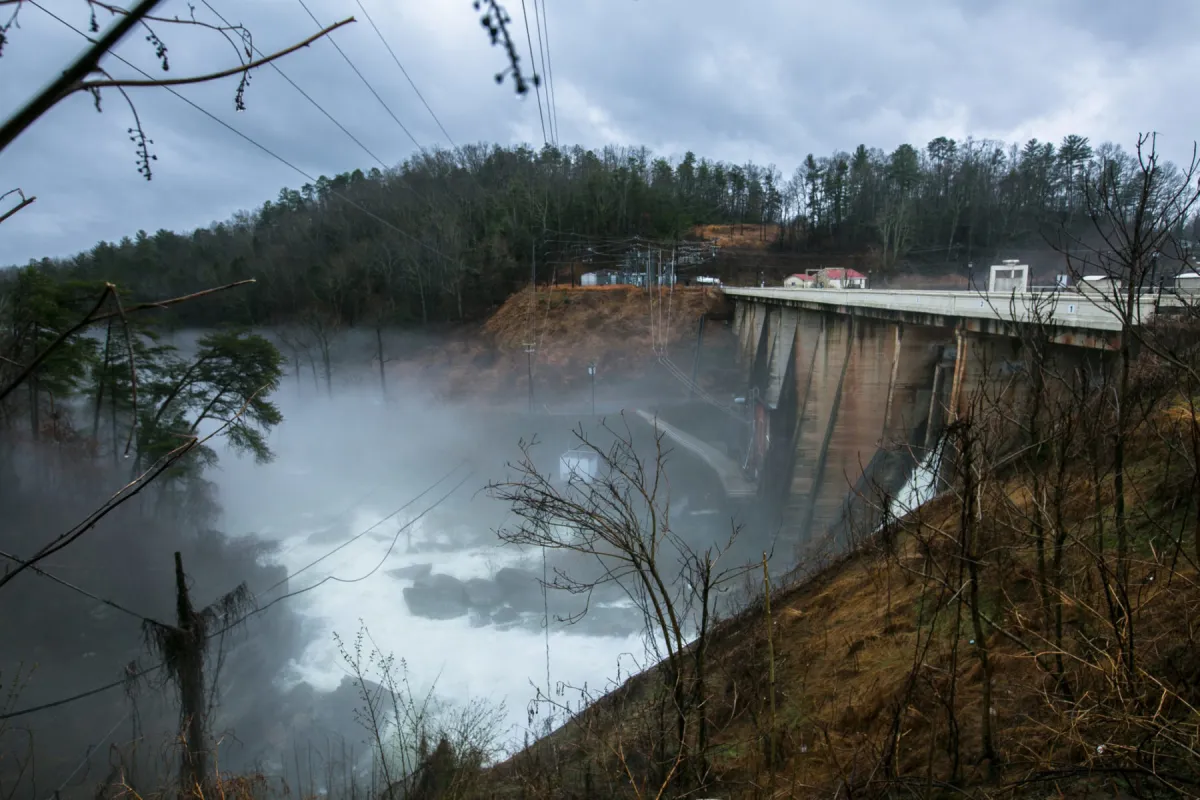

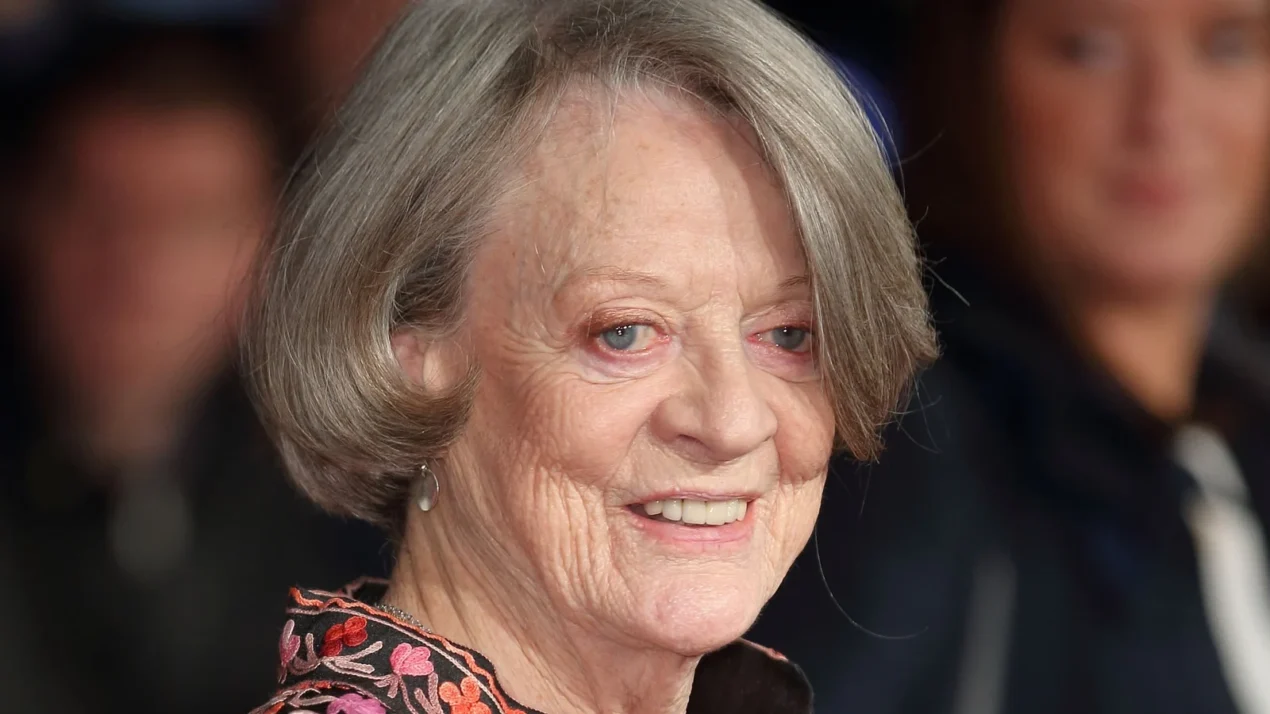



1 Comment
[…] the sudden shift? TikTok isn’t just following a trend; it’s leading a revolution. The company is betting big on […]
Comments are closed.